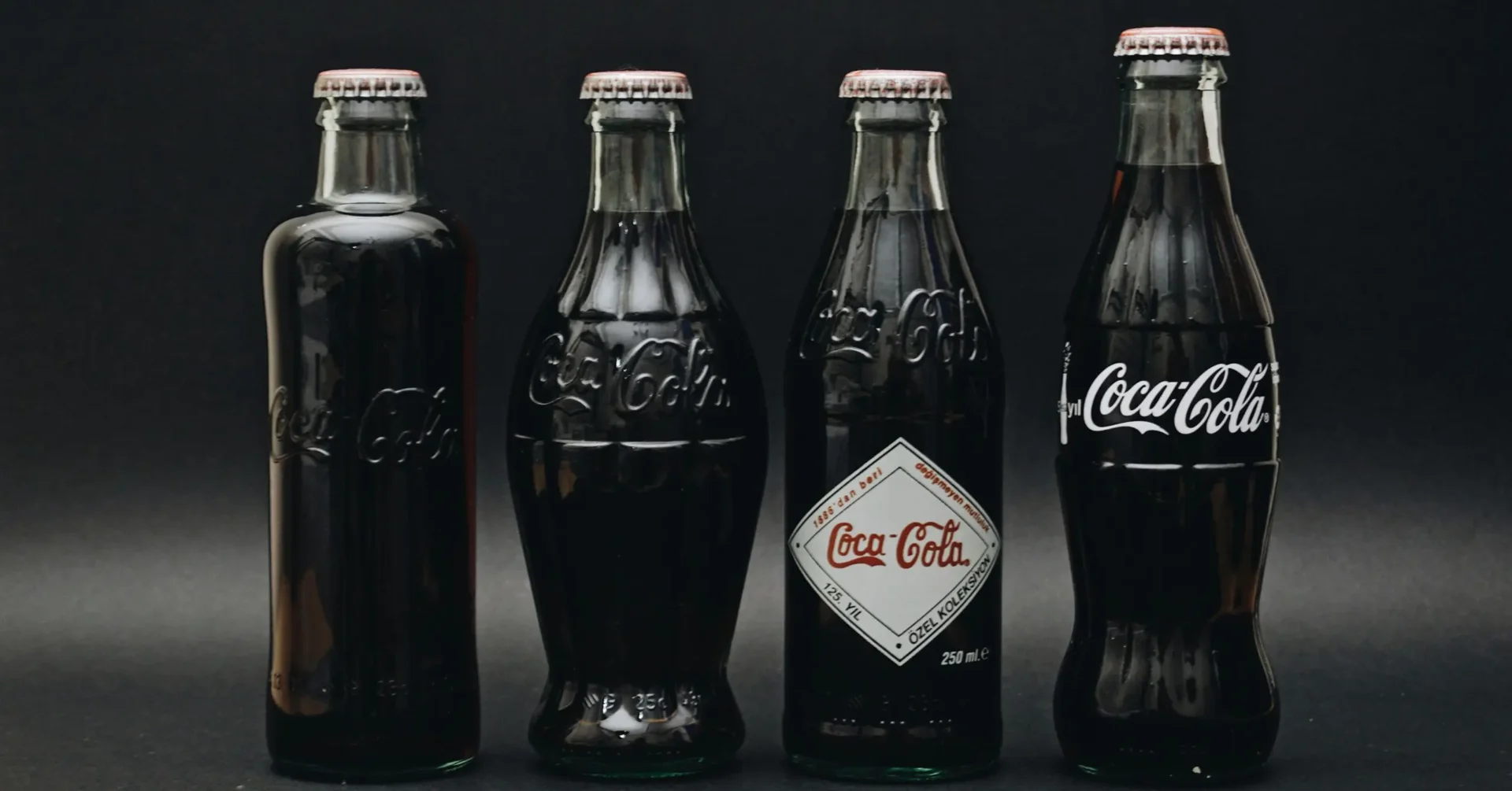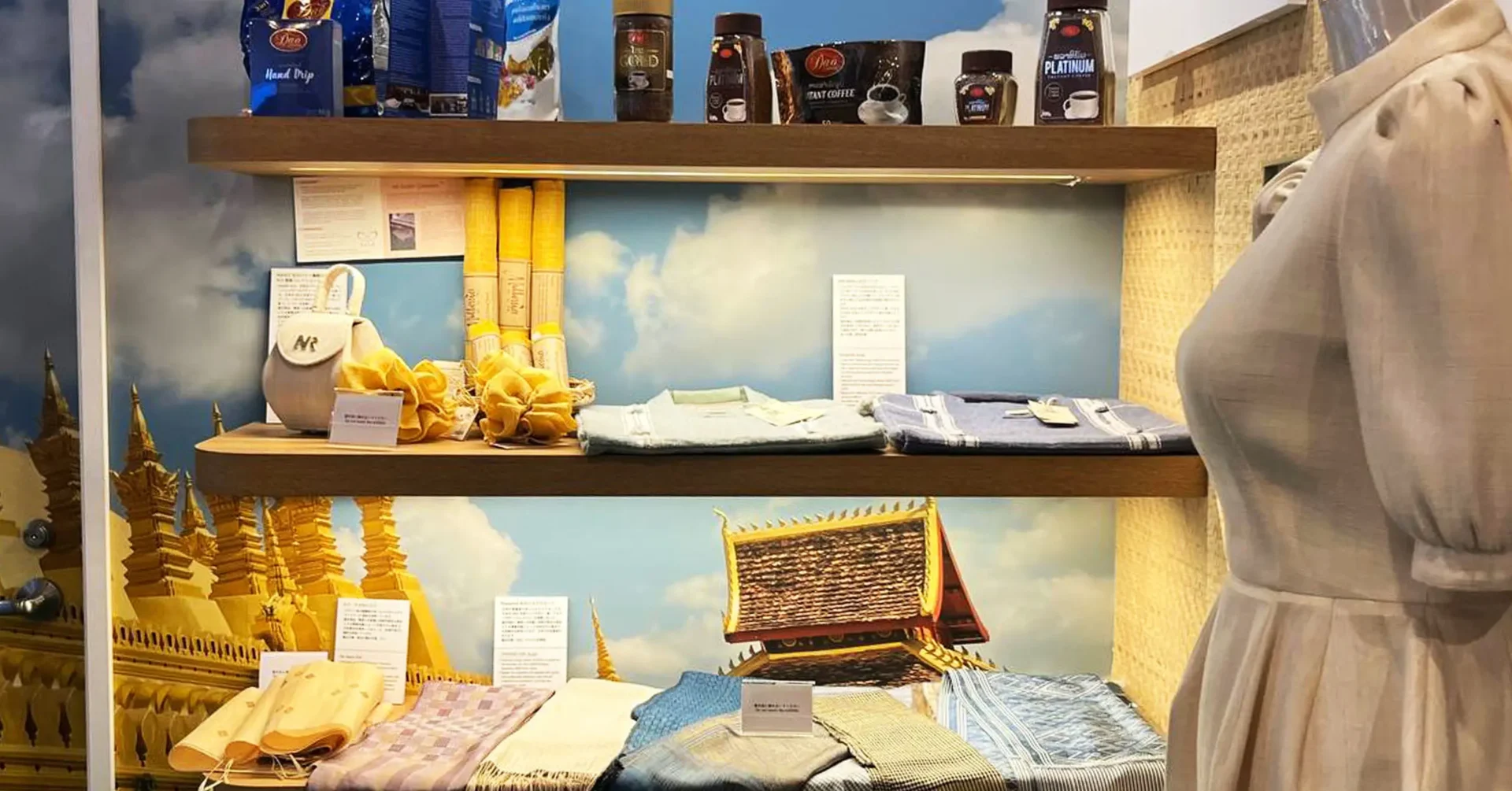Why This Popular Fast Food Chain’s Sapphic Ad Won Praises

Local fast food chains love creating ads that capture everyday moments. A few days before Pride Month, this viral sapphic ad by McDonald’s captured the hearts of many. Here’s why.
Did you know that ads that have emotional content perform twice as much as those that don’t have any? In fact, statistics also show that emotionally triggering ads can persuade 70% of viewers to buy a product, plus, emotionally appealing ads are even more likely to be shared. This applies mostly to Filipinos who have a knack for emotionally appealing ads that they can relate to.
That being said, many companies—especially fast food chains—in the Philippines have been producing ads with relatable, short stories that tug on the heartstrings of Filipinos. Take for example McDonald’s.
Although the fast food chain has produced many heartwarming commercials, it is foremost remembered for its iconic commercial “Kain na, Gina” which depicts a forgetful grandfather in said restaurant with his granddaughter, whom he’d mistakenly call Gina instead of Karen. The scene then ends with a touching gesture where he cuts the hamburger in half and calls Karen by her correct name, saying that she is his favorite granddaughter.
Now, just before Pride Month started, McDonald’s yet again launched an ad that grew viral. With over 6.2 million views, 337,000 reactions, 11,000 comments, and 74,000 shares on their Facebook page, this commercial has definitely caught a lot of attention.
In this article, we delve into why the ad went viral, what the fast food chain did right, and how you can apply all this to your brand’s campaigns.
What the Ad is All About
In their latest commercial, McDonald’s showed a woman who skateboards her way to the drive-thru several times to order various food items—a cheeseburger, medium-sized fries, and a large iced coffee—one at a time. Every time she picks up the items, she and the crew member exchange flirty looks.
The ad—entitled “You’re my happy place…”—ends with the crew handing her an ice cream cone after her shift ended. The two share a cute moment outside the fast food chain, revealing that they are indeed in a relationship. They then leave the fast food vicinity, holding hands.
This ad starred three-time World Obstacle Record holder Kaizen Dela Serna, who’s a proud LGBTQIA+ ally and openly-queer TVC actress Andrea Kyra Mahinay.
“Despite its rare representation locally, it was important that this love story is depicted as a regular, everyday occurrence at McDonald’s Philippines,” says McDonald’s Corporate Relations Director Adi Hernandez. “Gender inclusivity is ingrained in our brand experience from our customers to our employees.”
How Netizens Reacted to the McDonald’s Ad
Aside from the impressive numbers that the ad got, it also got several positive comments—most of which came from the LGBTQIA+ community. Among those who commented is Miss Universe Philippines 2023 Michelle Dee, who recently came out as bisexual—as she reposted the video with a Pride flag.
DJ Kate Jagdon, the real-life partner of TVC actress Mahinay, also commented: “I’m so proud of you love. Even though I’m not the one you’re sharing your ice cream with on screen, at least you’re mine in real life.”
The commercial also earned several positive comments across social media platforms, with many people who took to social media to share their stories about how they went to McDonald’s or how they intend to go to the fast food chain upon seeing the ad. Some also went on to show their appreciation for the ad.
Given the ad’s wide reach, it’s no surprise that this was also seen by people from other countries. While some shared their appreciation, it also drew flak among some Westerners, who dismissed the ad for doing the bare minimum and for using rainbow capitalism schemes in time for Pride Month. However, those comments were immediately slammed by Filipinos, who shared facts about LGBTQIA+ struggles in the country.
Why the Ad Went Viral
The Philippines is yet to be a pro-LGBTQIA+ country, considering how there are still issues with the SOGIE Bill, which aims to give people equal rights—regardless of their sexual orientation.
While Philippine media has touched on some parts of the LGBTQIA+ community, more representation and orientation are needed for the community to be understood. Aside from that, lesbians also tend to be portrayed in a macho masculine way—disregarding the fact that this does not apply to everyone given that it is a broad spectrum and that there are who consider themselves more femme.
However, the genuineness of the portrayed relationship in the McDonald’s ad—from the small gestures to the smiles and the overall simplicity of the moment—was what drew the audience in. More so, it also showed the audiences what a day-to-day relationship felt like by highlighting the fact that the cute moments in life can be found in the simplest things.
Why Businesses Need to be Gender Inclusive
In a country like the Philippines, businesses need to be thoughtful about gender inclusivity. According to some studies, companies that implement pro-LGBTQIA+ policies tend to experience better employee commitment and job satisfaction. This inclusivity also makes the workplace much easier to work in.
A separate study also shows that LGBTQIA+ individuals have a high tendency of showing brand loyalty. This means that when they see a brand that embraces them for who they are, they are more likely to support it. On the other hand, they also tend to call out brands that are homophobic.
Since there’s a lack of legal provisions that give rights to the LGBTQIA+ community, the best thing that companies can do is make an effort to support them—Pride Month or not. Given that pride is a continuous protest and kindness will forever be free, businesses should be as open, understanding, and welcoming as possible.
That way, the LGBTQIA+ community can be properly represented and treated equally, as they should be.



